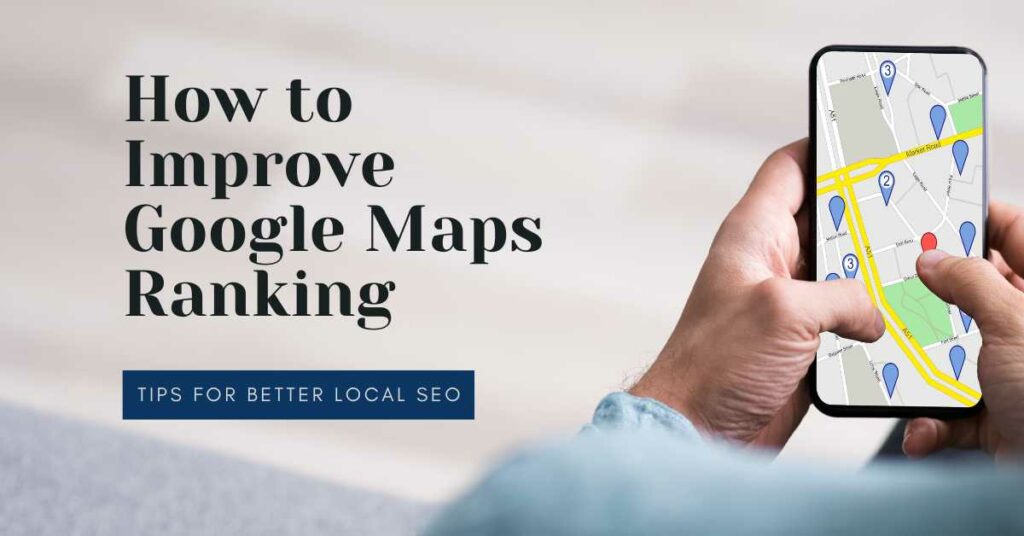Every small business owner knows the importance of online visibility, and one of the best ways to achieve this is through search engine optimization (SEO). A crucial aspect of local SEO is the use of keywords that are relevant to your business, and more importantly, to your local target audience. In this comprehensive guide, we will discuss the vital role of local SEO keyword research and how small businesses can develop their own effective keyword strategies.
Table of Contents
- The Importance of Local SEO Keyword Research
- Sources of Local Keywords
- Identifying Local Keywords
- Analyzing Local Keywords
- Creating a Local Keyword Strategy
- Implementing Local Keywords
- Monitoring and Improving
The Importance of Local SEO Keyword Research
Before diving into the methods of finding and utilizing local keywords, it is essential to understand their importance in the context of small businesses. Local SEO keyword research ensures that your website and content target potential customers in your specific geographical area, ultimately increasing the likelihood of converting online users into offline customers.
By focusing on local keyword research, small businesses can cater their online presence to their desired clientele with greater efficiency. As a result, you optimize your website for the users that matter the most to your business, which effectively translates into more traffic, leads, and customers.
Sources of Local SEO Keywords
There are numerous sources available that can help you generate local SEO keywords. It is crucial to explore these sources to identify a wide range of potential keyword opportunities. Some of these sources include:
- Google Autocomplete
- Google Related Searches
- Google Keyword Planner
- Competitor Research
- Local Business Listings
Identifying Local Keywords
Once you have identified the various sources for local keywords, it is time to dive deeper and understand how to use these sources to your advantage. Below, we discuss each source and its role in unearthing local keywords for your business.
1. Google Autocomplete
Google Autocomplete can be a goldmine for local SEO keyword research as it helps to reveal search queries that people in your area are already typing into Google. To use Google Autocomplete, type your main keyword into the Google search bar, followed by a space, and then your location.
For example, if you run a bakery in San Francisco, type “bakery San Francisco.” The suggested search terms that follow will reveal popular local keywords related to your business.
2. Google Related Searches
Google Related Searches is a feature located at the bottom of the search results page. It lists related search terms that people often use in conjunction with the initial search query. This feature can provide valuable insights into potential local keywords that you might not have thought of.
For instance, using the bakery example above, you may find related keywords such as “best bakery in San Francisco,” “San Francisco bakery delivery,” or “gluten-free bakery San Francisco.”
3. Google Keyword Planner
Google Keyword Planner is a free tool designed for Google Ads users, allowing you to generate keyword ideas, estimate search volume, and analyze keyword competition. However, it can also be an invaluable tool for local SEO keyword research.
To access local keyword data, add your location when setting up your local SEO keyword research project. This will reveal the search volume and competition for each keyword, as well as additional long-tail keyword suggestions within your desired location.
4. Competitor Research
Another way to find local keywords is to analyze your competitors’ websites. Identify businesses in your area that provide similar products or services and explore their site’s content, tags, and metadata. This will help you uncover local keywords that your competition is already targeting, providing inspiration for your own strategy.
5. Local Business Listings
Local business listings, such as Yelp and Yellow Pages, are an often-overlooked source of local keyword ideas. Browse listings for companies in your industry and location to identify common phrases and terms people use when searching for your products or services in the area.
Analyzing Local Keywords
After identifying a list of potential local keywords, it is crucial to analyze their relevancy, search volume, and competition. This information will help you fine-tune your local keyword strategy and prioritize the keywords that provide the best opportunity for success.
To analyze local keywords, use tools like Google Keyword Planner, Moz, or SEMrush, which offer insights into monthly search volume, competition levels, and other valuable metrics.
Creating a Local SEO Keyword Research Strategy
Armed with a list of analyzed local keywords, it is time to formulate a coherent keyword strategy that optimizes your website, content, and advertisements for local search traffic.
Create a prioritized list of keywords, focusing on those with both high search volume and low competition. Then, map each keyword to a specific page or piece of content on your website, ensuring that each page is optimized for a unique local keyword.
Implementing Local Keywords
With a well-planned local keyword strategy in place, the next step is to implement those keywords across your website and content. Be sure to include keywords in strategic locations like page titles, meta descriptions, URL slugs, headers, and body copy, all the while ensuring that your content remains natural and engaging for readers.
Monitoring and Improving
Finally, it is essential to continuously monitor the performance of your local keyword strategy. Use tools like Google Analytics, Google Search Console, and Moz to track your organic search traffic, ranking improvements, and other essential metrics.
By regularly monitoring your performance, you can quickly identify areas that require improvement and adjust your local SEO keyword research strategy as needed. This ongoing process of evaluation and optimization will help ensure that your small business remains visible and competitive in local search results.







